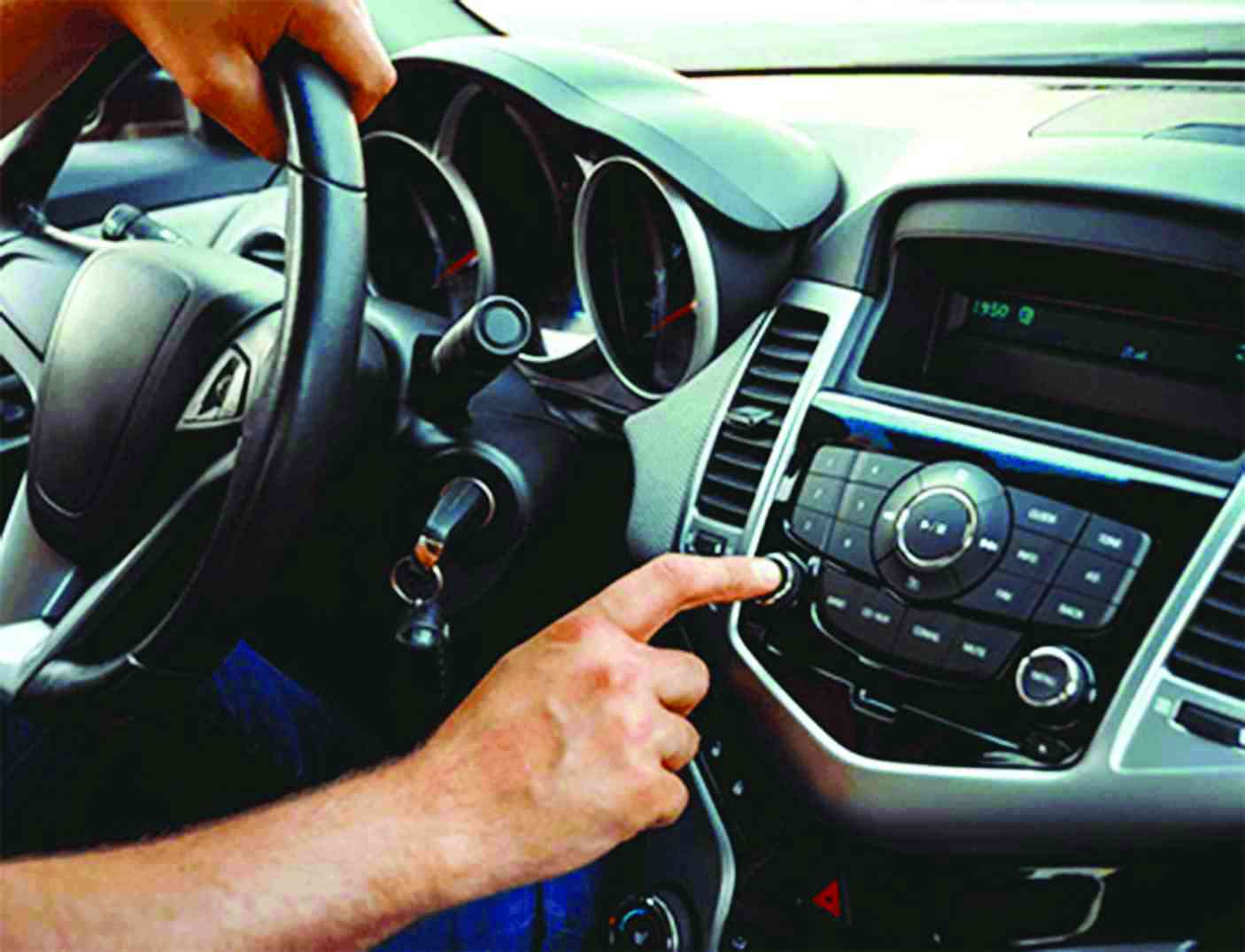
The Zimbabwe Broadcasting Corporation (ZBC)’s licensing fees have become a point of frustration. While the intent may have been to fund the public broadcaster, the current system is outdated, and unfairly punishes the most vulnerable sectors of society. As Zimbabwe faces mounting economic pressures and shifting media habits, the continued push for compulsory ZBC licences is unjust.
The ZBC licence fee model, introduced decades ago, was designed in an era when the corporation was the primary, if not sole, broadcaster. Back then, ensuring stable funding for state media made sense. However, today’s Zimbabwe is radically different. Citizens have access to satellite television, online streaming, YouTube and independent news sources. ZBC no longer holds a monopoly over information or entertainment.
Despite this massive shift, the law has not evolved. Zimbabweans are still expected to pay ZBC licence fees for radios and televisions they own, even if they never use them to access ZBC content. In this era of technological choice, forcing payment for a service that many no longer use borders on absurdity.
Moreover, enforcement mechanisms largely reliant on police roadblocks, surprise home inspections, or threats of prosecution have become hollow. Few resources exist to pursue non-payers effectively and many citizens simply ignore the demands for payments without consequences. The system is more intimidating than effective, more punitive than functional.
Much like at the BBC in the United Kingdom, enforcement of broadcasting licences in Zimbabwe disproportionately impacts the most vulnerable.
Women, single mothers, the elderly, and low income families are among those most pressured to comply.
In many Zimbabwean households, women are responsible for managing bills, including licence payments.
They are often at home during the day, making them the primary targets of enforcement efforts such as spot checks or visits from licensing officers.
- Govt gazettes new driver's licence fees
- Mlingwa: A pilot living his dream
- Underpaid ZBC workers seek ED’s intervention
- Zanu PF gobbles 90% of ZBC airtime: Baz
Keep Reading
This mirrors findings from the UK, where women constituted 70% of prosecutions for BBC licence non payment.
But Zimbabwe's situation is compounded by harsher economic realities. With unemployment and underemployment rampant, many citizens prioritise food, school fees and medical expenses over a ZBC licence.
Forcing families already struggling to survive to pay for a service they may neither want nor use is fundamentally unjust.
Furthermore, those living in areas where ZBC signal coverage is weak or non-existent are still legally obliged to pay the same fees as residents in Harare or Bulawayo. This amounts to taxation without service delivery, something that flies in the face of fairness and logic.
Adding insult to injury is the widespread perception that ZBC does not offer value for money.
Critics frequently accuse the broadcaster of being a mouthpiece for the ruling party rather than an independent, balanced public service.
News coverage is often seen as biased, entertainment programming limited and technical quality poor.
As a result, many Zimbabweans ask a simple, reasonable question; why should they be compelled to finance an organisation that does not represent them or provide the content they actually consume?
When citizens perceive a public broadcaster as an instrument of propaganda rather than a provider of diverse, quality information, mandatory funding becomes a bitter pill to swallow.
The methods employed to collect ZBC licence fees have increasingly relied on fear and coercion rather than mutual trust or civic pride.
Licensing officers accompanied by police, have reportedly harassed drivers at roadblocks, demanding proof of payment for car radios.
Home visits, though less frequent now, have also been used to pressure individuals.
Yet actual prosecution is rare, costly and ineffective. Zimbabwe's courts are already overwhelmed with serious criminal cases, chasing unpaid television licences hardly ranks as a priority. Just as UK Culture Secretary Lisa Nandy recently pointed out regarding the BBC licence fee, criminalising non-payment places an unnecessary burden on courts and penalises people who are often financially vulnerable.
In practice, enforcement has become more of a scare tactic than a functional legal procedure.
Public service broadcasting remains important in any democracy but how it is funded matters. Alternative models exist around the world. Some nations fund their broadcasters through general taxation, ensuring that public media remain accessible without placing additional burdens on the poorest citizens. Others have introduced voluntary subscription models or partial advertising revenue systems.
Zimbabwe must have a serious, inclusive conversation about modernising ZBC's funding model.
Forcing citizens to fund a broadcaster they may neither trust nor watch through coercive and poorly-enforced legal mechanisms only breeds resentment and disengagement.
One proposed alternative is funding ZBC through a small allocation from the national budget, much like how health and education are funded.
Another is introducing a voluntary payment model where citizens who actually use ZBC services contribute, while others opt out without fear of criminal consequences.
Either way, reform is overdue.
- Mutisi is the CEO of Hansole Investments (Pvt) Ltd. He is the current chairperson of Zimbabwe Information & Communication Technology, a division of Zimbabwe Institution of Engineers. — +263772 278 161 or [email protected]











